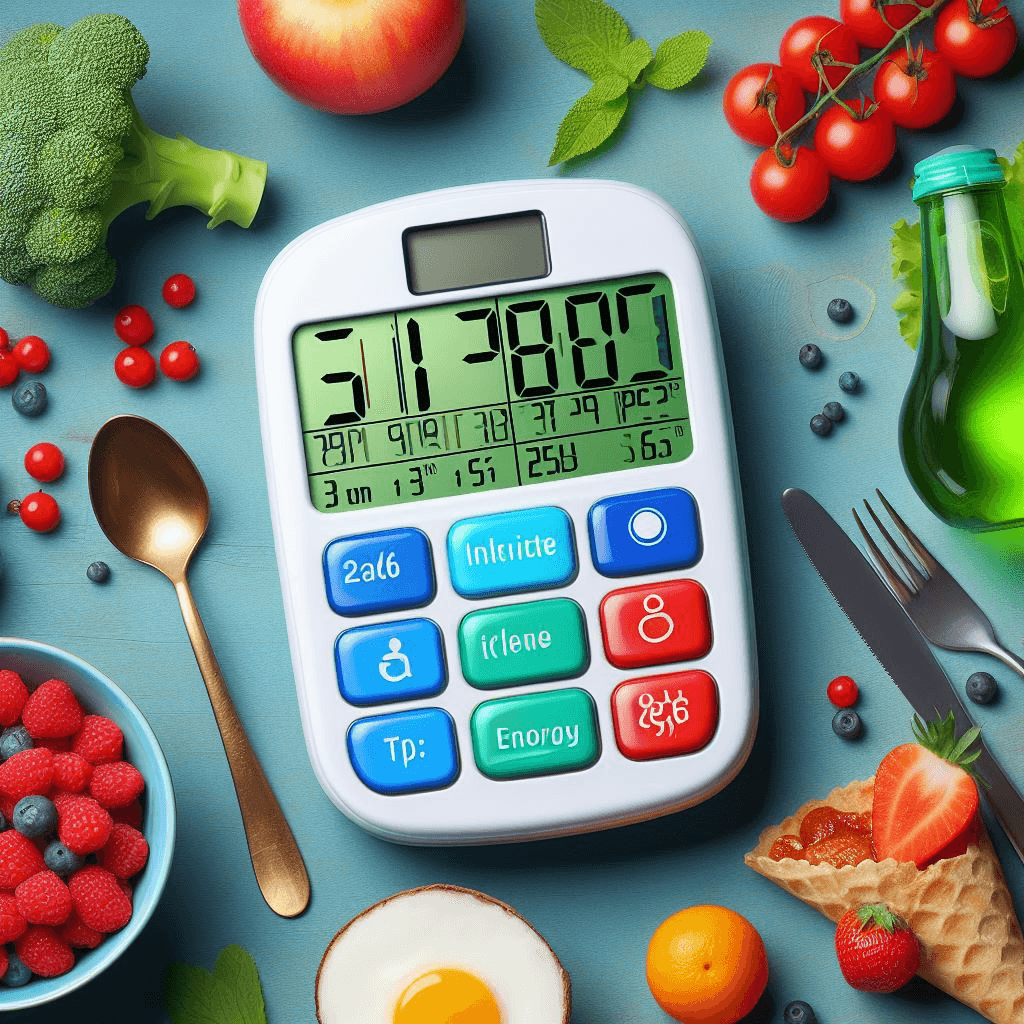The word “calorie” gets thrown around a lot, especially when it comes to weight management and healthy eating. But what exactly is a calorie, and how does it affect our bodies? Let’s dive into the science of calories and understand how they fuel our daily lives by measuring calories through calorie calculator.
What is a Calorie?

A calorie is a unit of energy. In the context of food, it represents the amount of energy our body can obtain from consuming that food. It’s like a fuel gauge for your body – the more calories you consume, the more energy you have available.
There are two types of calories:
- Small calorie (cal): This is the scientific unit used to measure energy.
- Kilocalorie (kcal): This is the unit you’ll see on most food labels. It’s equal to 1,000 small calories and is often simply referred to as a “calorie.”
Calories and Your Body
Our bodies use calories for everything we do, from breathing and thinking to running a marathon. These calories are burned throughout the day as energy expenditure.
- Energy Balance: When the calories you consume match the calories you burn, you maintain your weight.
- Calorie Surplus: If you consume more calories than you burn, your body stores the excess energy as fat, leading to weight gain.
- Calorie Deficit: If you burn more calories than you consume, your body taps into stored fat for energy, resulting in weight loss.
Understanding Calorie Needs
The number of calories you need each day depends on several factors, including:
- Age: Our bodies tend to burn fewer calories as we age.
- Sex: Men typically have higher calorie needs than women.
- Weight: People who weigh more generally burn more calories at rest.
- Activity Level: The more active you are, the more calories you burn.
Beyond the Calorie Count
While calories are important for weight management, it’s not just about the quantity of calories you consume, but also the quality.
- Focus on nutrient-rich foods: These foods provide essential vitamins, minerals, and fiber that your body needs for overall health.
- Limit processed foods: These foods are often high in calories, unhealthy fats, and added sugars, but low in nutrients.
Calorie Counting Tips
- Read food labels: Pay attention to serving sizes and calorie counts.
- Use online calorie trackers: These tools can help you monitor your calorie intake.
- Focus on a balanced diet: Include plenty of fruits, vegetables, and whole grains in your meals.
- Don’t deprive yourself: Enjoy all foods in moderation.
By understanding calories and making informed choices about what you eat, you can take control of your weight and fuel your body for a healthy and active life!
FAQs:
Q: How many calories should I consume in a day?
A: The recommended daily calorie intake varies depending on factors such as age, gender, weight, height, and activity level. Consult with a healthcare professional or use online calculators to determine your specific needs.
Q: Are all calories equally bad for weight loss?
A: No, the quality of calories matters. Prioritize whole, nutrient-dense foods over processed snacks to support your weight loss goals.
Q: Can I lose weight by drastically cutting calories?
A: While reducing calorie intake is essential for weight loss, drastic cuts can be unsustainable and may lead to nutrient deficiencies. Aim for gradual, sustainable changes instead.
Conclusion:
Understanding calories is key to achieving and maintaining a healthy weight. By making informed choices about the foods you consume and being mindful of portion sizes, you can take control of your health and well-being. Remember, it’s not just about counting calories but also prioritizing nutrient-rich options for long-term vitality.
What is a calorie calculator?
A calorie calculator is a web-based tool or app that estimates the number of calories you need to consume each day. It takes into account several factors that influence your energy expenditure, including:
- Basal Metabolic Rate (BMR): This is the number of calories your body burns at rest to maintain basic functions like breathing and circulation.
- Activity Level: The calculator considers how active you are throughout the day, from sedentary to highly active.
- Body Composition: Age, weight, height, and even sex play a role in how many calories you burn.
Here’s how a calorie calculator works:
- You input your personal information like age, sex, weight, height, and activity level.
- The calculator uses equations (often the Mifflin-St Jeor equation) to estimate your BMR.
- It then factors in your activity level to determine your Total Daily Energy Expenditure (TDEE), which is the total number of calories you burn daily.
What the calculator tells you:
- Calorie Needs for Maintenance: This tells you how many calories you need to consume to maintain your current weight.
- Calorie Goals for Weight Loss or Gain: Based on your goals (lose, gain, or maintain weight), the calculator suggests a daily calorie target.
Limitations of Calorie Calculators:
- They provide an estimate, not a perfect calculation. Individual factors like genetics and body composition can influence calorie needs.
- They don’t account for the thermic effect of food (TEF), which is the energy your body burns digesting and absorbing food.
Calorie calculators are a helpful tool for:
- Understanding your basic calorie needs.
- Setting realistic weight loss or gain goals.
- Developing a mindful approach to eating.
In conjunction with a healthy diet and exercise plan, calorie calculators can empower you to make informed choices about your food intake and manage your weight effectively.










